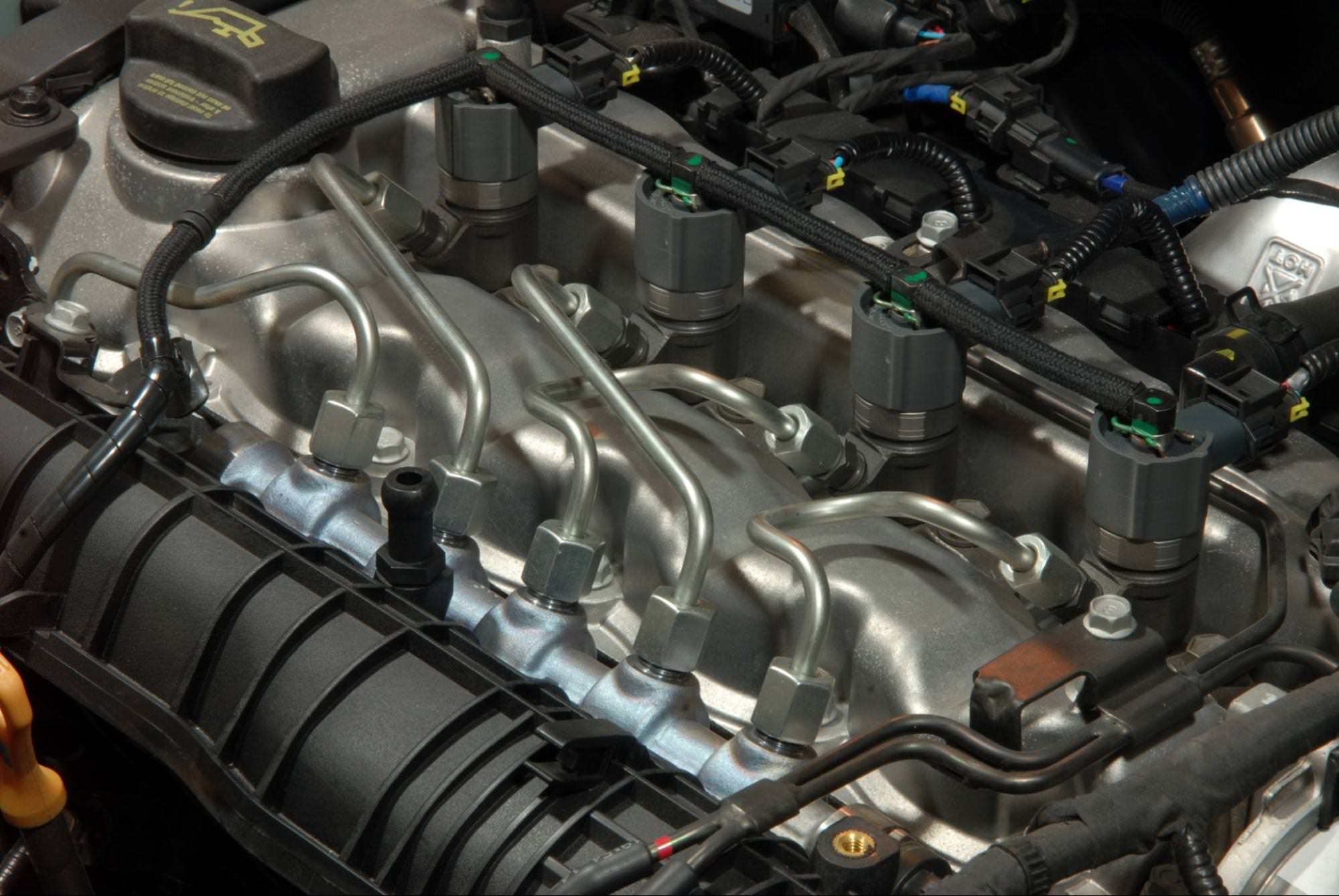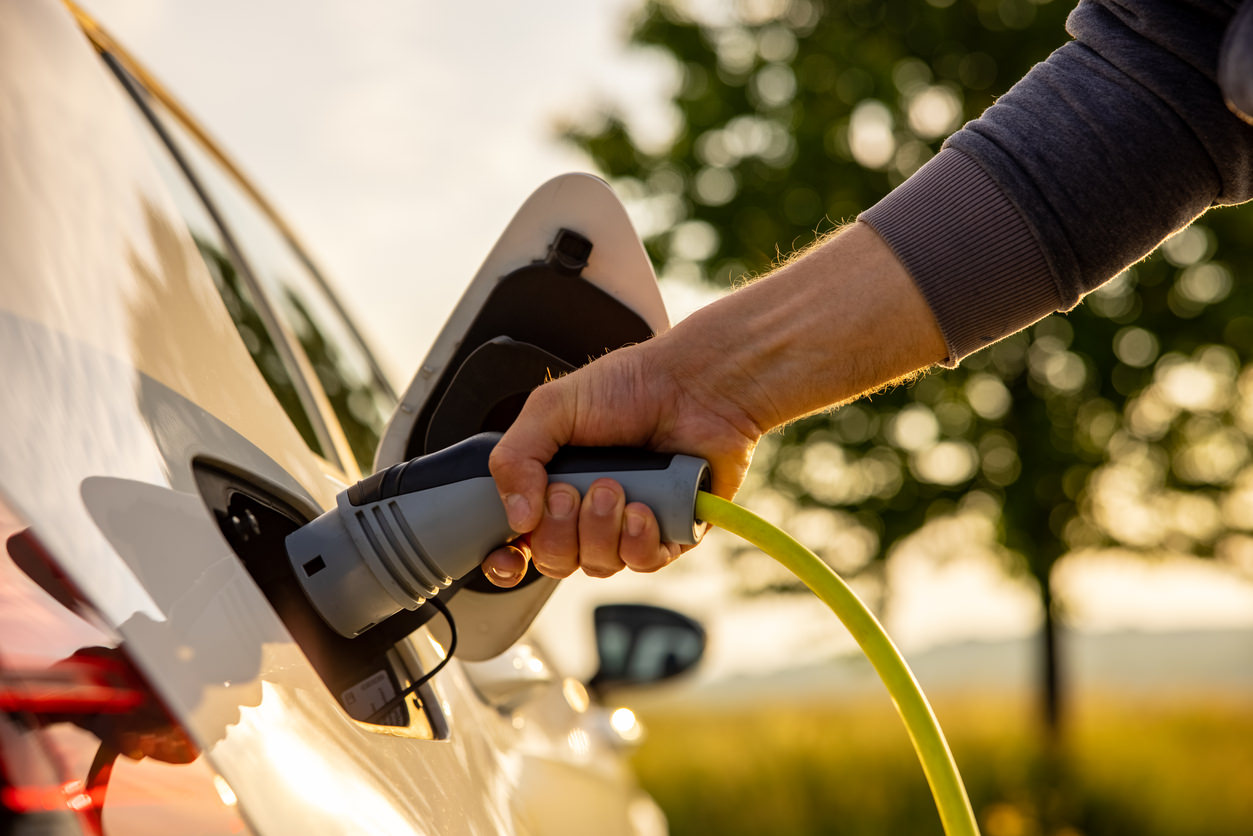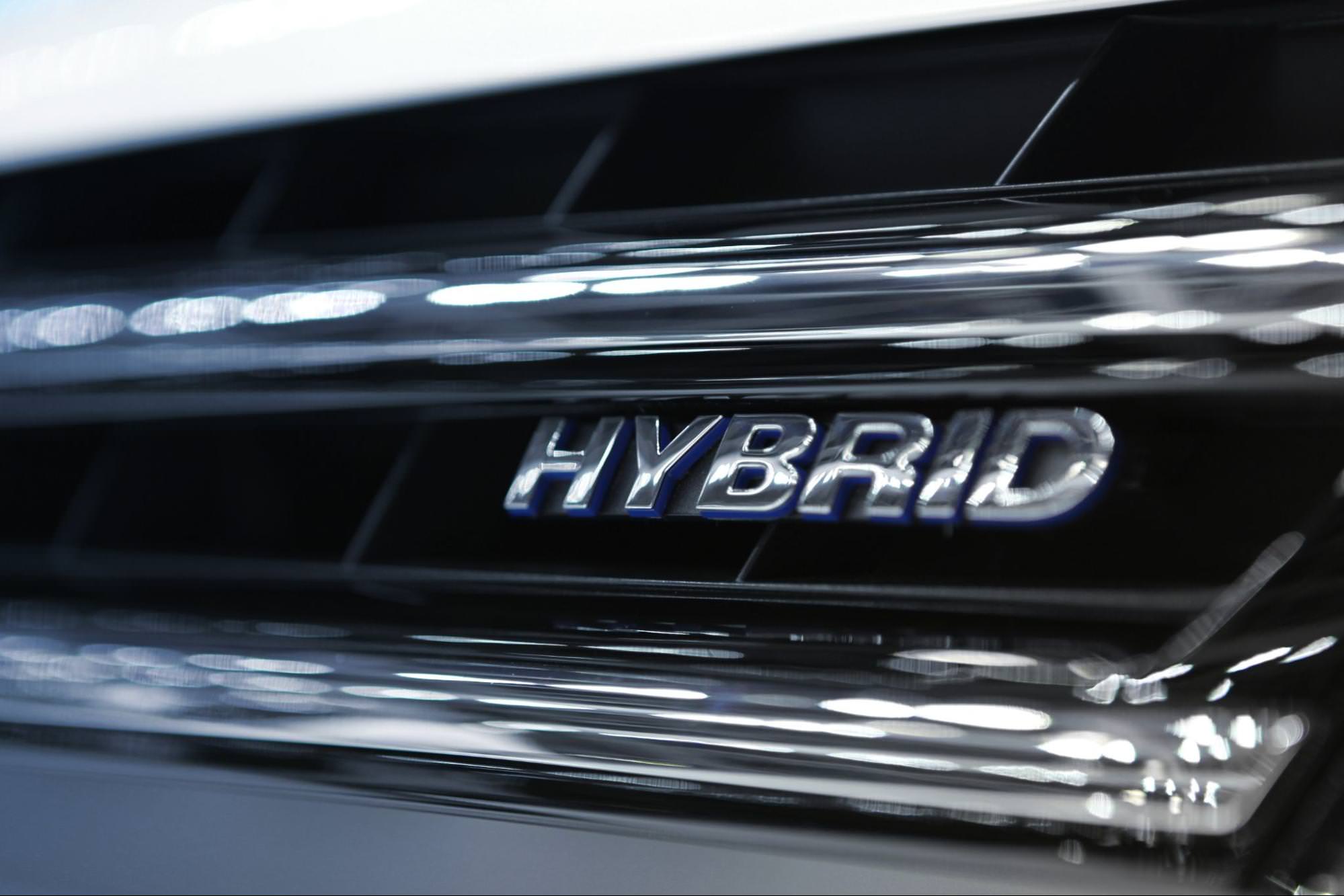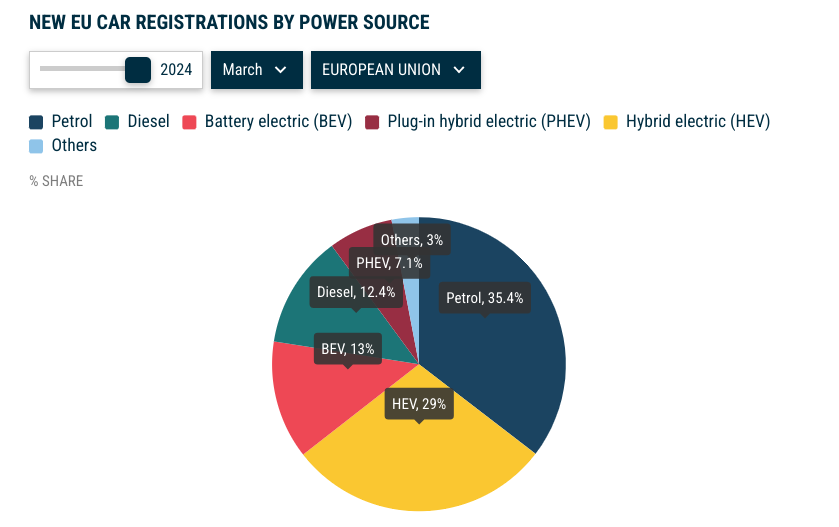- Blog
- Petrol vs. Diesel vs. Hybrid vs. Electric - Understand Your Options
Petrol vs. Diesel vs. Hybrid vs. Electric - Understand your options
What are the pros and cons of petrol, diesel, hybrid, and electric vehicles? Learn all about your options and stand out in the used car market.
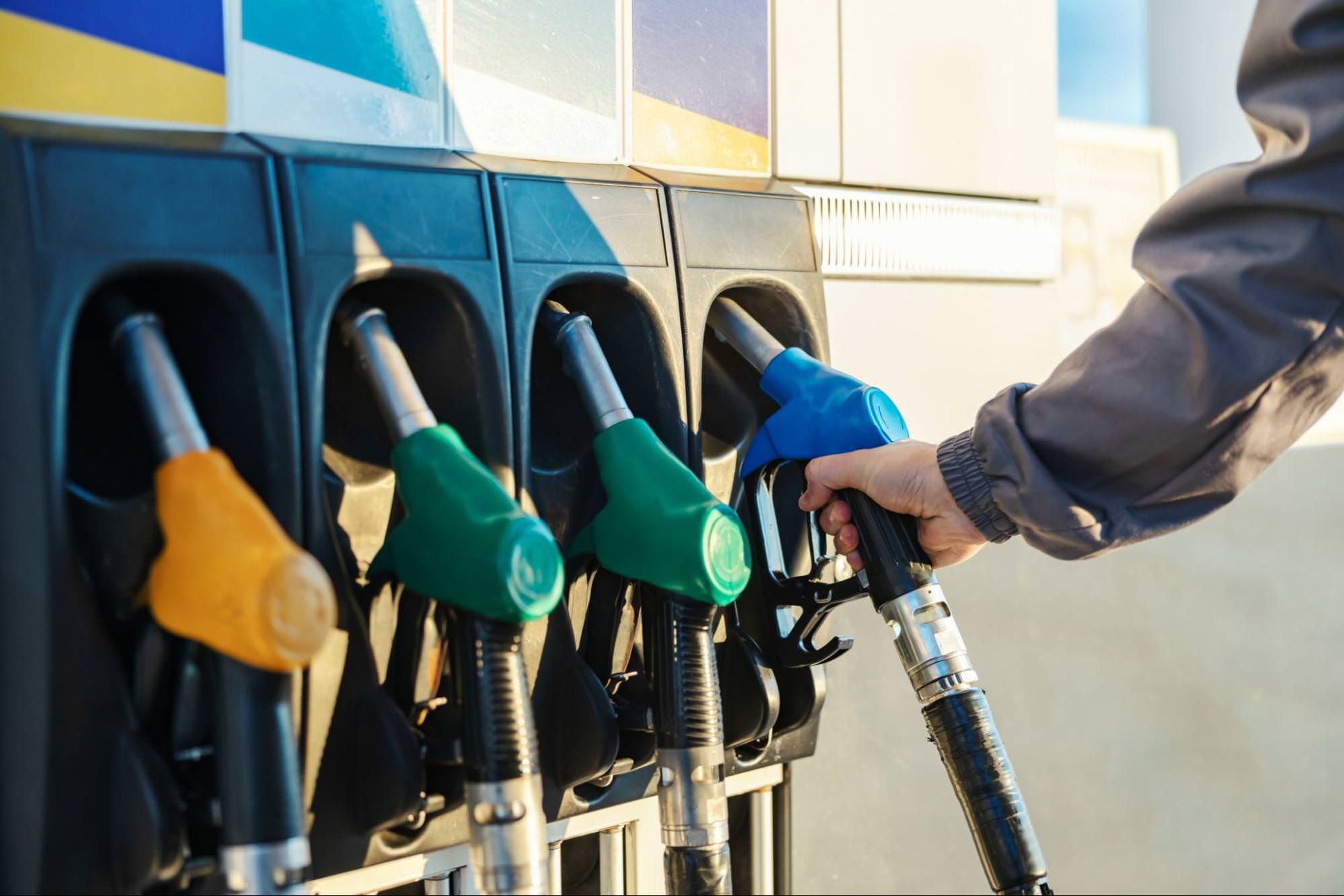
Which is better, petrol or diesel, hybrid or electric? As customer preferences slowly shift towards more sustainable and efficient driving options, it's important for car dealerships to use the differences between petrol, diesel, hybrid, and electric vehicles to their advantage.
By understanding what each of these options brings to the table and at what cost, you can better assist your customers in making informed decisions that align with their needs and values.
Basic math: keep in stock what’s in demand.
Let’s have a look at each type individually
As you guide customers through their vehicle choices, understanding the benefits of each fuel option is crucial.
Petrol offers affordability and widespread availability, while diesel provides excellent fuel efficiency and torque.
Hybrids combine the best of both worlds, offering improved fuel economy and reduced emissions.
Electric vehicles offer zero emissions and lower operating costs, making them ideal for eco-conscious drivers.
Let’s explore all of the options in more detail.
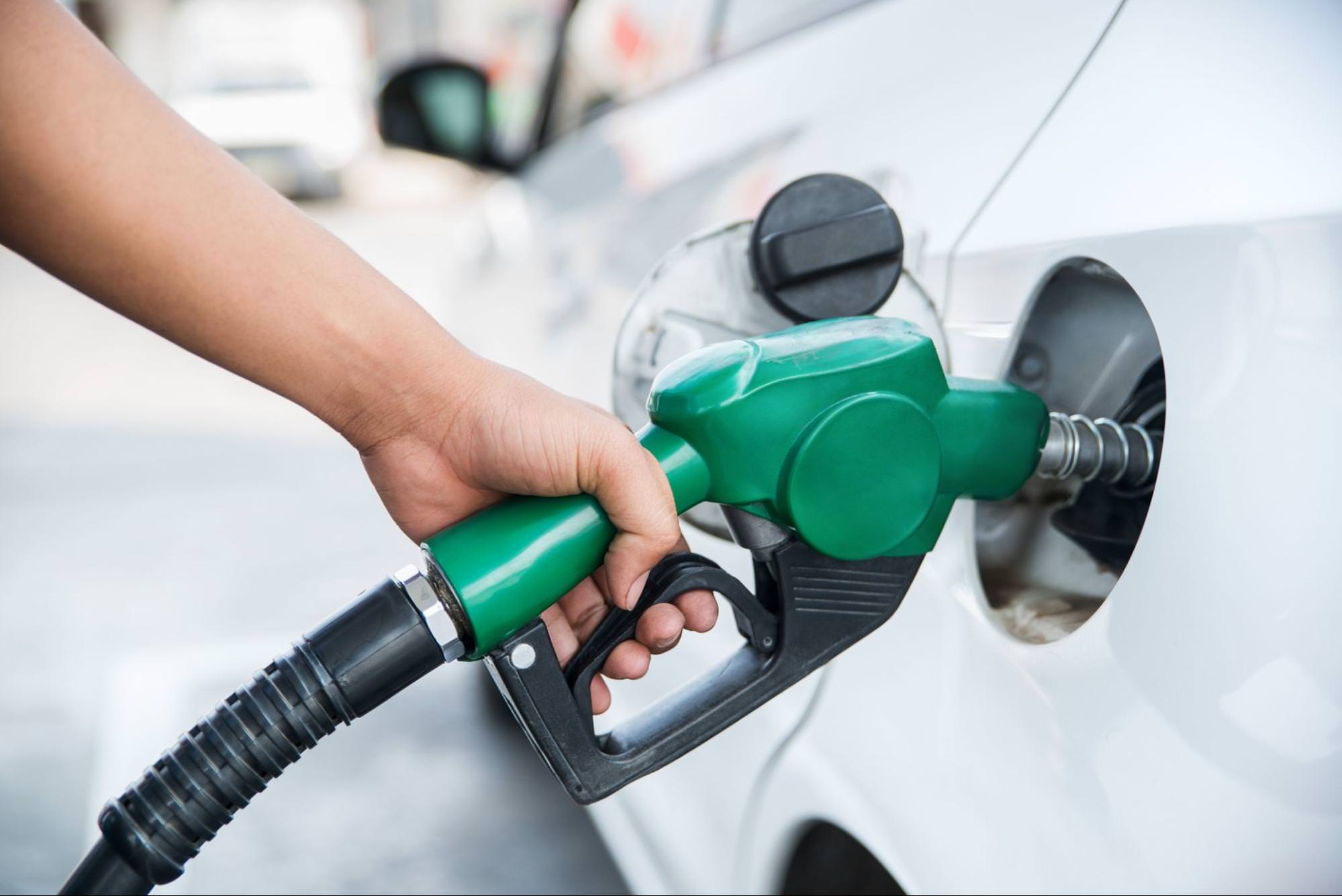
Petrol vehicles
Petrol vehicles are still a popular choice among drivers for several reasons. First, petrol cars are simply affordable - both in terms of upfront costs and maintenance expenses.
Additionally, petrol is widely available, making it convenient for drivers to refuel almost anywhere.
The majority of cars on the road are still conventionally powered by petrol or diesel engines.
While there is a growing trend towards EVs and hybrids, the transition to alternative fuels is gradual.
Petrol vehicles continue to dominate the market, and dealerships should maintain their stock to meet current customer demand while gradually introducing other options.
► Best for
Compared to alternative fuel options, petrol cars often have lower upfront prices, making them accessible to a wide range of consumers - which is exactly what a car dealership needs.
Petrol vehicles remain a practical choice for drivers worldwide, offering a winning combination of affordability, performance, and convenience.
With ongoing improvements in fuel efficiency and environmental sustainability, petrol cars continue to play an important role in meeting the needs and preferences of modern drivers seeking reliability on the road.
Keep those petrol cars in stock to attract a large audience of customers!
Diesel vehicles
Popular for their robust performance and exceptional fuel efficiency, diesel cars are great for drivers who want long-term cost savings and reliable performance, especially for highway driving.
Additionally, diesel engines typically deliver higher torque compared to petrol counterparts, making them ideal for heavy-duty applications such as commercial use or recreational activities like towing trailers or boats.
► Best for
By offering a diverse selection of diesel vehicles alongside other fuel options, dealerships can cater to a broader range of customer preferences and needs, ensuring they remain competitive in today's dynamic automotive market.
While recent regulatory changes and concerns about emissions have impacted diesel's popularity in some regions, there remains a dedicated customer base who prioritizes fuel efficiency, durability, and long-term savings.
EVs
Electric vehicles represent a shift in the automotive industry, offering new benefits that resonate with today's drivers.
They provide a smooth, quiet, and responsive performance, thanks to their electric drivetrains that deliver instant torque.
Ongoing advancements in battery technology and significant cost savings over time make EVs a good investment.
► Best for
Lower operating costs due to fewer moving parts and cheaper electricity compared to gasoline make EVs an attractive option for budget-conscious consumers.
By embracing used electric vehicles in their inventory, dealerships can position themselves at the forefront of the electric revolution, appealing to eco-conscious customers and contributing to a greener future while remaining competitive in the evolving automotive landscape.
Diesel hybrids
A diesel hybrid vehicle uses a combination of a diesel engine and an electric motor/battery system to power the vehicle. This combination offers improved fuel efficiency and reduced emissions compared to traditional diesel vehicles.
► Best for
With their combination of diesel power and hybrid technology, diesel hybrid vehicles offer performance, efficiency, and environmental responsibility.
Offering these vehicles to your customers will cater to drivers who prioritize both power and sustainability in their vehicle choices.
Petrol hybrids
A hybrid electric vehicle (HEV) typically combines a petrol engine with an electric motor and battery system.
As of March 2024, the EU saw a spike in new HEV registrations—hybrid-electrics charged up to 29% (compared to 24% last year).
► Best for
With their ability to offer cleaner, more fuel-efficient driving without the range limitations of pure EVs, hybrid electric cars are a good option for environmentally conscious consumers who enjoy the convenience and versatility of traditional vehicles.
By having these cars in your inventory, you offer the buyer the best of both worlds.
Petrol hybrids vs diesel hybrids
Petrol and diesel hybrids both combine an engine with an electric motor, but they differ in cost and market acceptance.
Costs: Petrol hybrids are usually cheaper to buy and maintain. Diesel hybrids use less fuel on long motorway trips, but their higher purchase price often cancels this advantage.
Market demand: Petrol hybrids are common and popular, especially in cities where diesel cars face restrictions. Diesel hybrids are rare and have limited availability.
Resale value: Petrol hybrids keep their value better because demand is higher. Diesel hybrids lose value faster due to stricter emissions rules and lower interest from buyers.
Longevity: Both types can last many years with proper care. Diesel hybrids may be more durable for high mileage, but repairs can be more expensive because of their complex systems.
Differences from a dealership’s perspective
While each vehicle type has its unique characteristics, dealerships need to assess factors like market demand, acquisition costs, and after-sale services to effectively manage their inventory and meet customer needs.
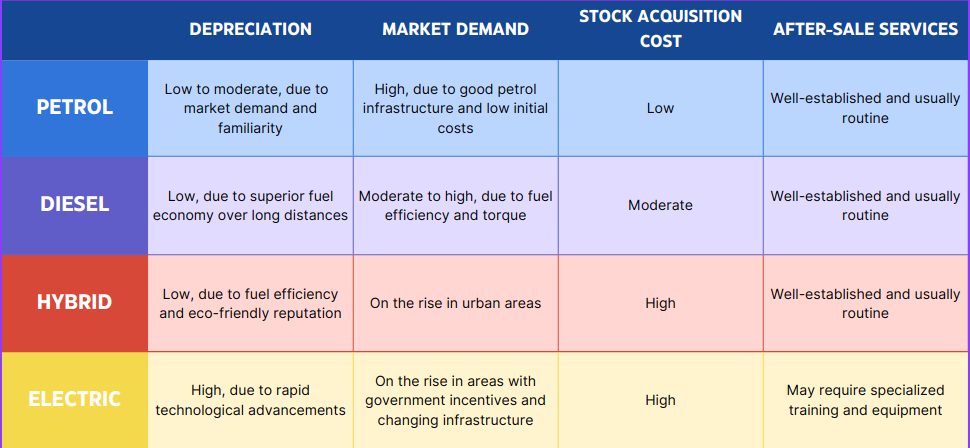
Sources: Acea, Spoticar, ChoiceQuote
Being flexible means a higher stock turnover
Expanding your inventory doesn't just mean adding more cars - it means adding the right cars.
Analyzing market trends will help you keep up with customer demands, while keeping an eye on what your competitors are doing will give you an advantage.
- Be prepared to adjust your inventory and marketing efforts to meet changing customer preferences and market demands.
- Provide training and resources to help salespeople communicate the advantages of each fuel type.
- Pay attention to changing regulations and government incentives.
Make the right choice for your dealership
Consider factors such as vehicle pricing, incentives, financing options, and potential resale values to determine the cost-effectiveness of adding certain cars to your inventory.
In the fast-paced auto industry, staying ahead means being proactive.
Partnering with a reliable vehicle sourcing platform like eCarsTrade can streamline your inventory acquisition process, ensuring you have just the right selection of vehicles, which will provide your customers with cars that meet their needs.
Most profitable markets for reselling EVs and hybrids in 2025
Europe’s transition toward electric mobility opens new opportunities for reselling EVs and hybrids. Based on EV adoption rates in Europe, some markets stand out in 2025.
-
Western Europe (Germany, Netherlands, Belgium, France)
Strong resale markets with steady demand. The Netherlands leads with ~34 % of new registrations as EVs, Belgium ~32 %, while Germany and France also continue to grow. -
Nordic / Northern Europe
Very high adoption rates (60 %+ in some countries). Buyers are used to EVs and often pay a premium for well-maintained models. -
Southern Europe (Spain, Italy, etc.)
Adoption is lower but growing fast. Spain rose to ~14.8 % in early 2025 from 11.4 % the year before, showing strong potential. -
Eastern Europe (Hungary, Romania, etc.)
Adoption is still limited, but growth is clear. Romania saw a 25 % rise in EV and hybrid sales in 2024, pointing to future opportunities.
FAQ
► Can I specialize in one type of vehicle (e.g., only EVs) and still be successful?
While specializing in one type of vehicle may limit your dealership's customer base, it can also lead to a more focused and successful business model if you’re aligned with market demands.
For example, a dealership specializing in electric vehicles may thrive in areas where there is high demand for eco-friendly transportation options.
Additionally, focusing on one type of vehicle can streamline operations, reduce inventory costs, and optimize marketing efforts. Do some market research and make a choice based on the buyer audience your dealership has.
► My profit margins seem smaller on hybrid and electric vehicles. Is this normal?
It's common for profit margins to appear smaller on hybrid and electric vehicles compared to traditional petrol or diesel vehicles due to higher upfront costs, possible government incentives that benefit the buyer, and different resale values.
While profit margins may appear smaller, dealerships can still benefit from offering these options by attracting eco-conscious customers.
This will differentiate you from competitors, and potentially gain market share as the demand for environmentally friendly vehicles continues to grow.
► Is it better to source high-demand vehicles internationally, even if it means longer lead times?
Being able to offer high-demand vehicles that are not readily available from local competitors can provide a competitive advantage for dealerships.
For example, eCarsTrade provides ex-lease, ex-rental vehicles that are in amazing shape, which can enhance customer satisfaction and loyalty, leading to repeat business and positive word-of-mouth referrals.
This can attract customers seeking unique or niche vehicles that are not commonly found in the local market. In some cases, importing vehicles may result in cost savings due to factors such as lower manufacturing costs, favorable exchange rates, or tax incentives.
► Are hybrid cars more efficient than EVs?
While hybrid cars offer improved fuel efficiency compared to traditional petrol vehicles, EVs generally surpass hybrids in terms of overall energy efficiency and environmental impact, especially when powered by clean energy sources.
However, individual driving habits, vehicle models, and charging infrastructure availability can influence the efficiency comparison between hybrid and electric vehicles.
eCarsTrade blog features curated lists and rankings of:
Browse our used cars